Tackling Disrespect with Positive Reinforcement
Have you ever felt disrespected by your child? If the answer to that is "no," well, thank you for visiting earth and please enjoy your commute back to whatever planet you came from!
Even the "best"-behaved child will most likely, at some point, speak or behave disrespectfully to their parent(s). These moments can prove to be challenging for those of us on the receiving end of the disrespect. Positive parenting approaches recommend viewing these moments as opportunities for growth and learning - "teachable moments," if you will. If, in these moments, you can find the strength to move past yourself and acknowledge the reality that your child's disrespect has very little to do with their regard for you and much more to do with outside occurrences and their natural developmental trajectories, you may want to try some of these pointers:
- Keep Expectations Clear: Establish clear rules about what you consider to be respectful behavior, and communicate them to your child. We at Goodtimer always suggest making the rules visible in the house somewhere for easy reference. Make sure your kids understand what is/is not considered respectful, as well as why it is important to treat others with respect.
- Keep your Cool: As difficult as it sounds, these moments can only become constructive if the parent can stay calm. Meeting your child’s disrespect with anger or frustration tends to escalate the situation which makes it near-impossible to communicate in a way that is effective. Take a deep breath (or a few minutes’ break if you need it) and try to address your child as a composed version of yourself.
- Address the Comment/Behavior as Opposed to Attacking the Child’s Character: Keep your focus on the specific comment/behavior that was disrespectful as opposed to labeling your kid as “disrespectful.” For example, talk about how their behavior impacts you: “I feel hurt when you speak to me that way;” instead of putting them in a "box" which leaves little room for further conversation/progress: “You are being disrespectful.” This approach also fosters empathy.
- Model Respectful Behavior: As we know, children learn by observing us, their parents. Do your best to demonstrate respectful behavior in your interactions with others, including your child. They will be more likely to mimic your demonstrations of respect if they can experience what it feels like to be respected! For example, say something like, “You are saying you want privacy right now - I respect that. I will give you five minutes to yourself before calling you down again for dinner" instead of "Privacy? I just spent an hour making dinner, you will eat it while it's hot!"
- Offer Options and Clearly Articulate Consequences: Empower your child by offering them choices re: how to be respectful, and articulate what the consequences are if they do not make the respectful choice. For example, “You can choose to speak respectfully to me or you can give up your tablet for the rest of the evening,” or, “You can choose to take a break in your room and come back when you are ready to speak respectfully to me, or you can give up your tablet for the evening.”
- Problem-Solve: Collaborate with your child to find causes and solutions to their disrespectful behavior. Together, explore communication styles/preferences and/or whether there are any factors that might make them more vulnerable to disrespectful behavior (e.g., if they did not get enough sleep or if they have something bothering them that they haven’t told anyone yet).
Remember: our kids thrive on positive reinforcement, which increases the likelihood that the behaviors we want to continue will, in fact, continue! Use your Goodtimer as a snazzy reinforcement tool to celebrate your child's respectful choices and behaviors. No effort or improvement is too small to acknowledge! Good luck!
Watch the Video:


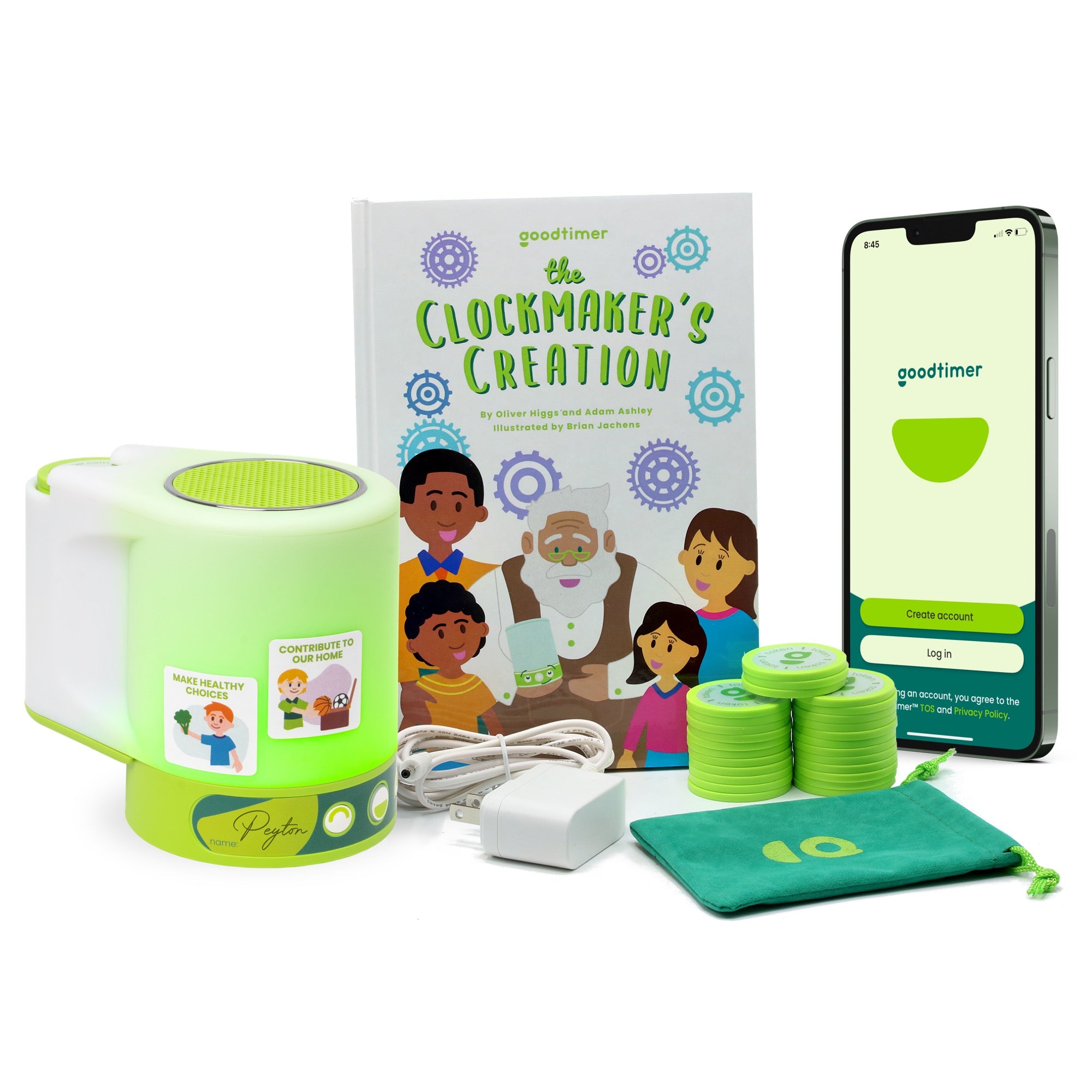
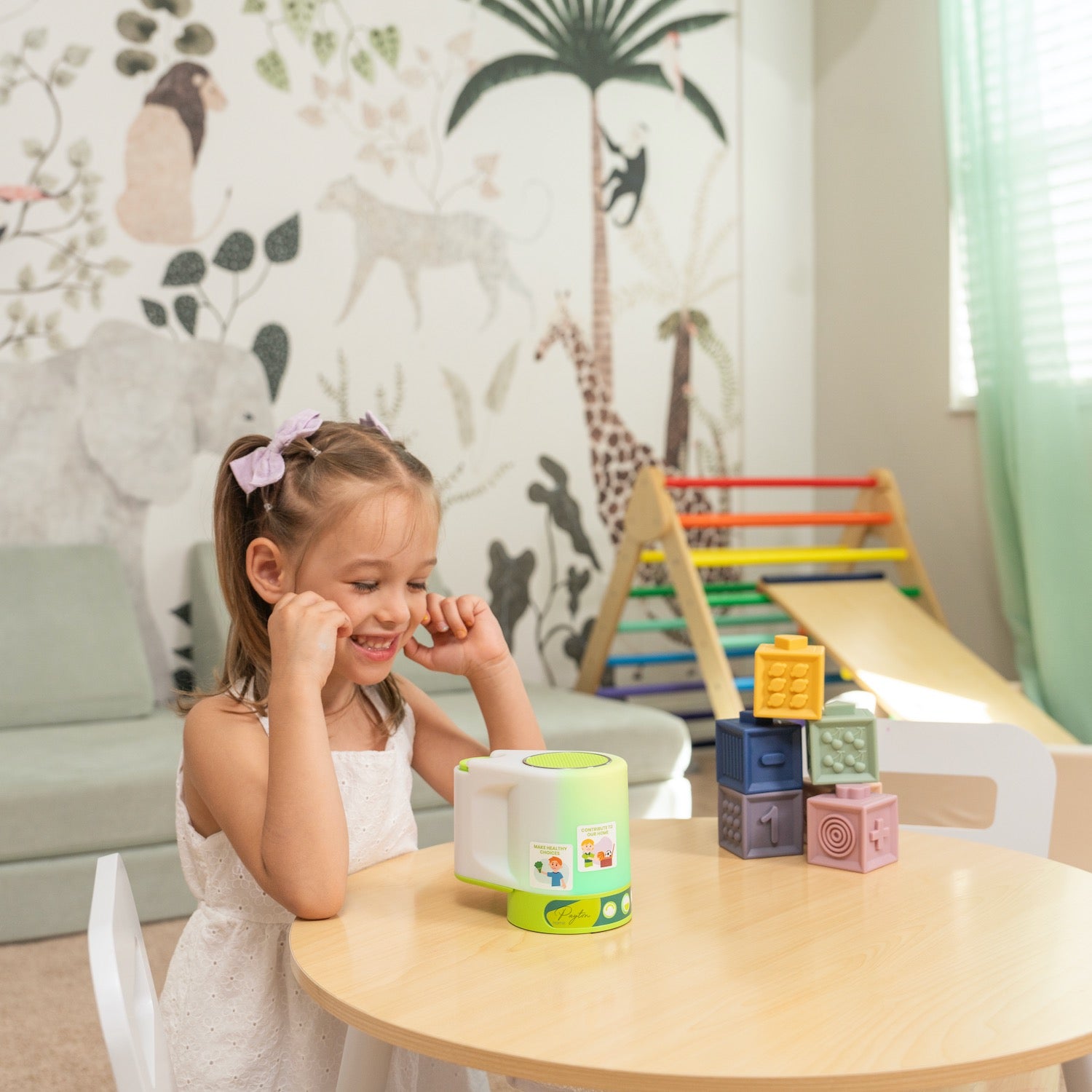
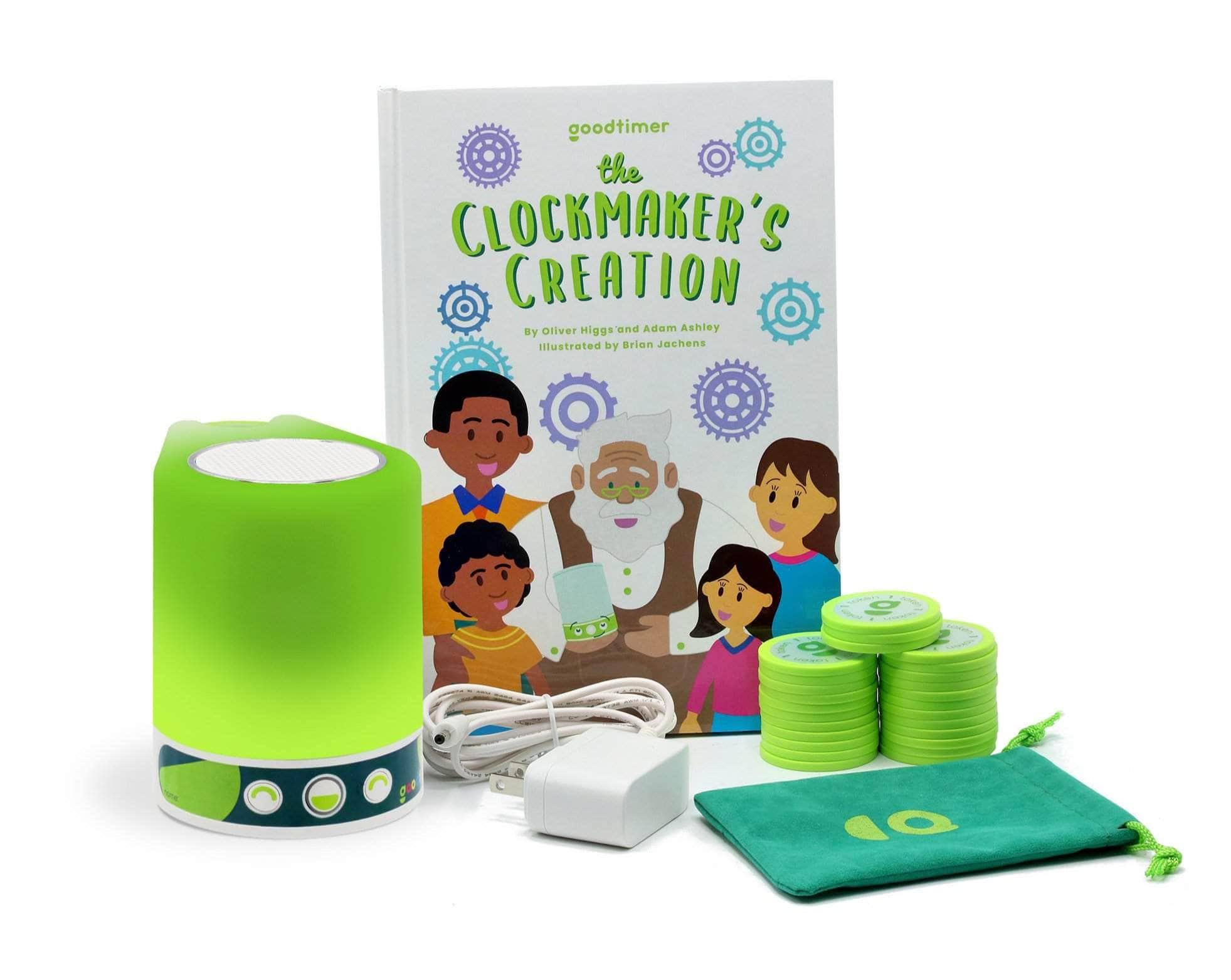
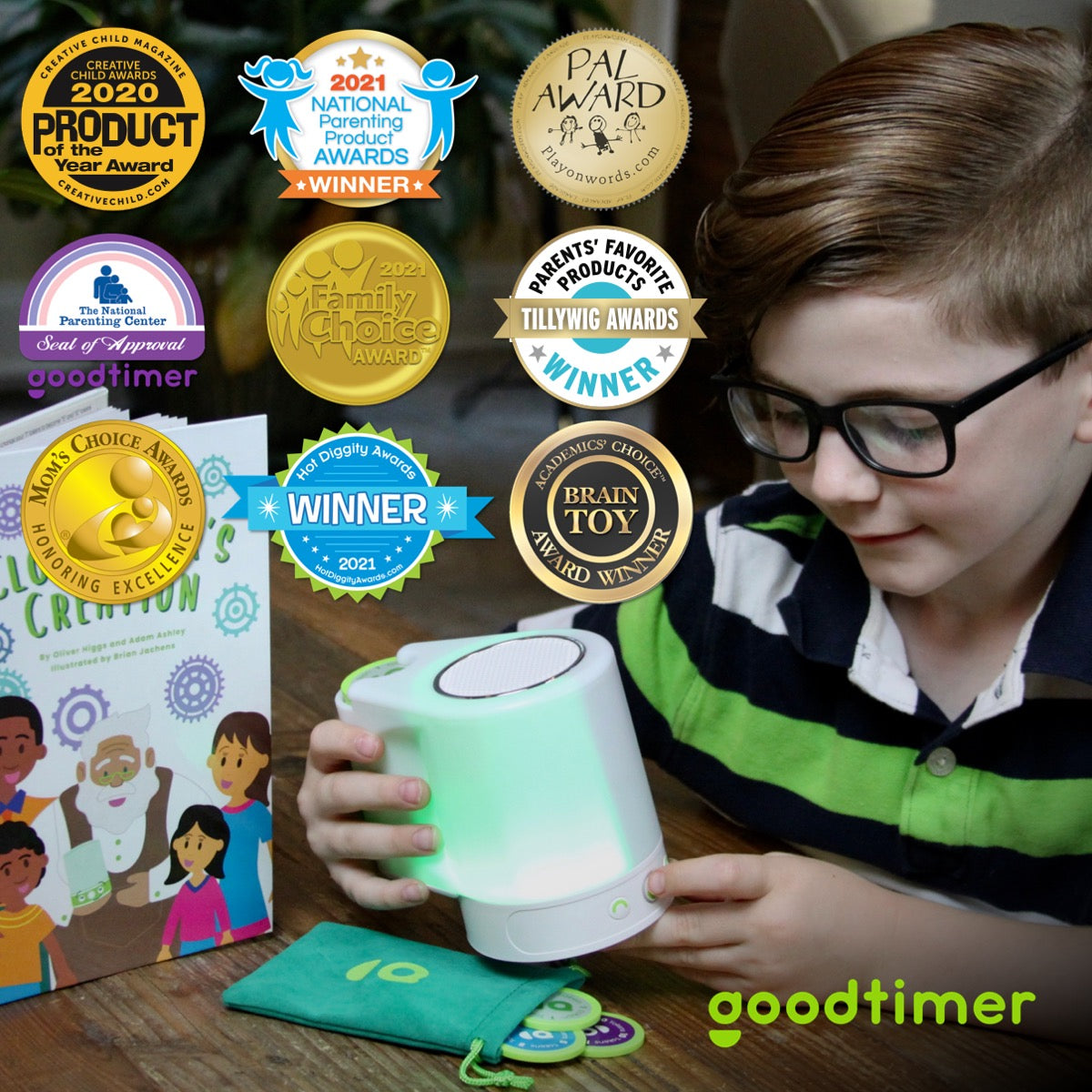

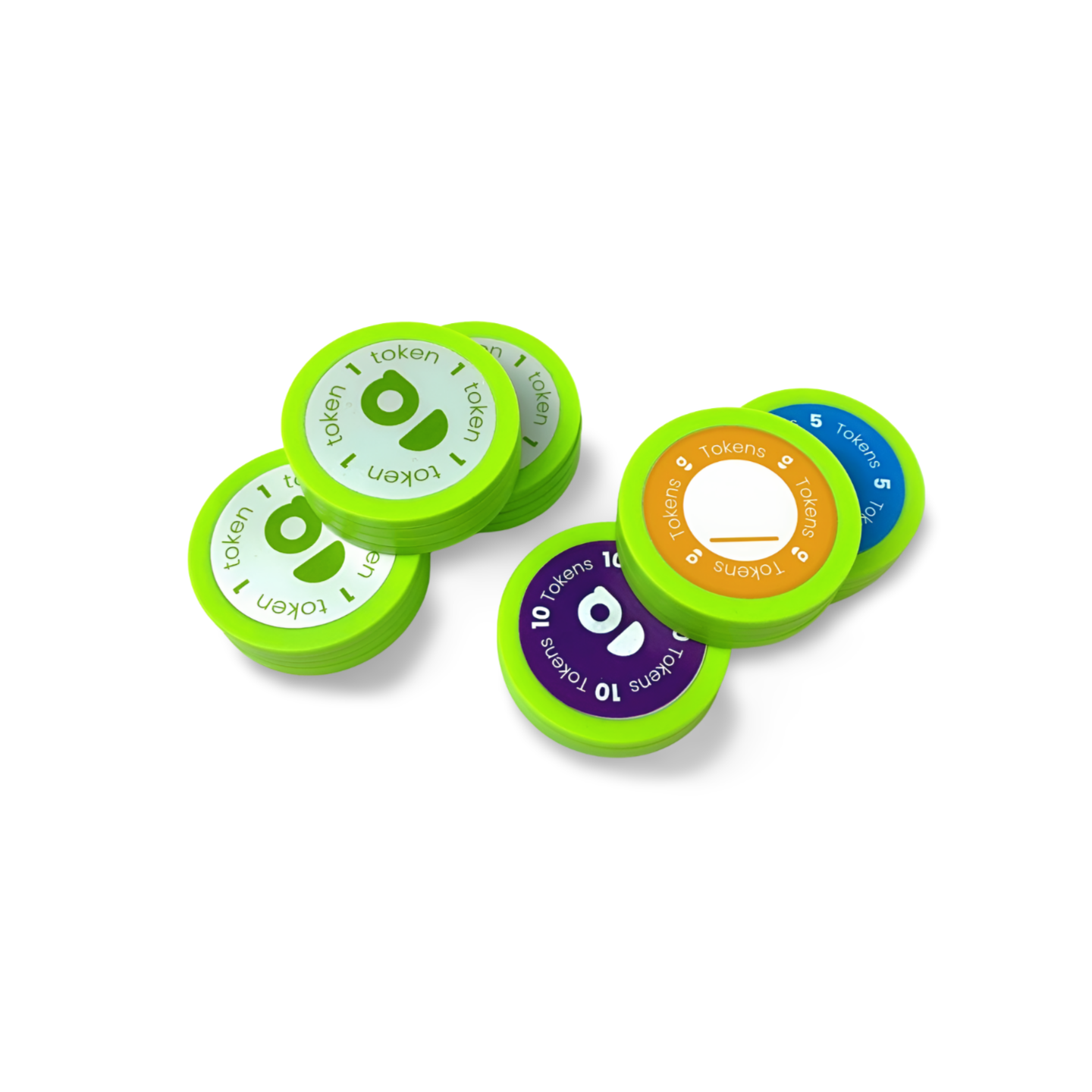
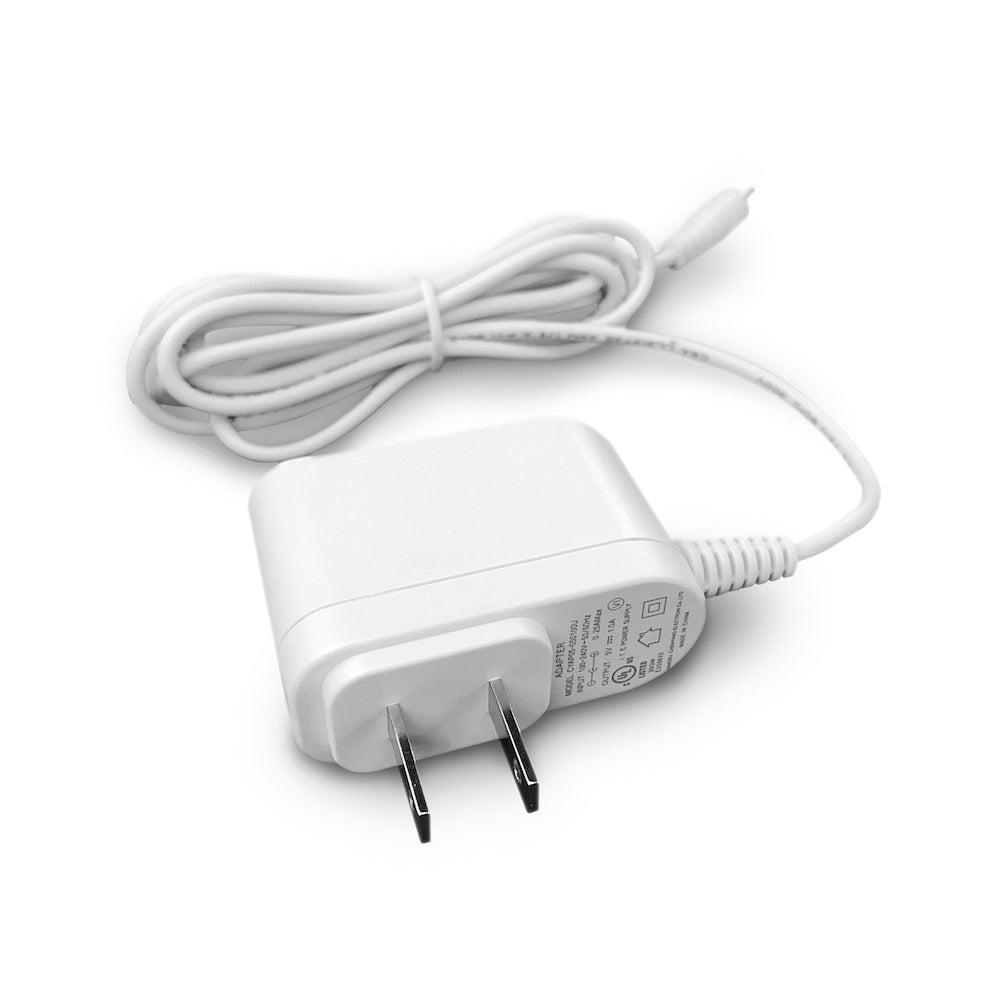
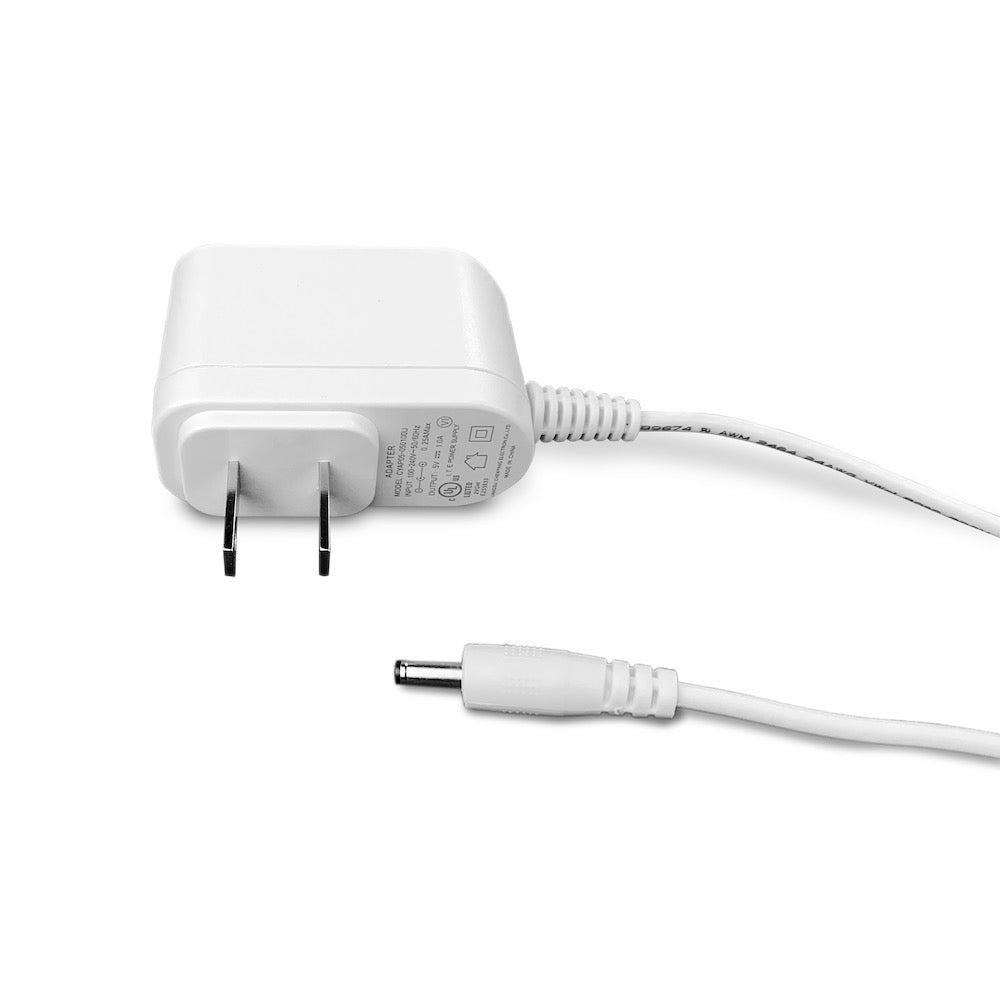
Leave a comment